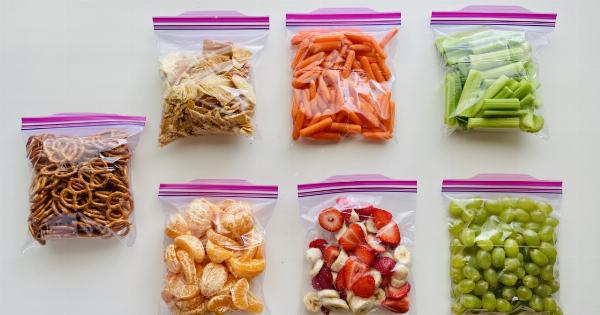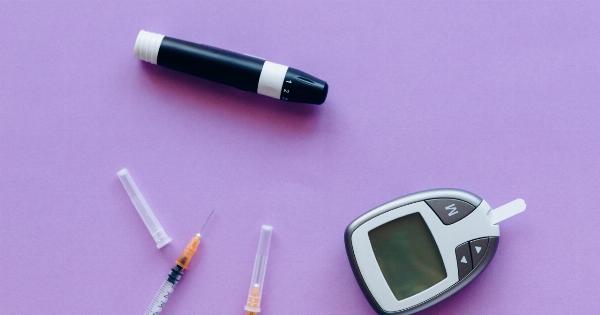When it comes to storing medicine, the importance of choosing the right location cannot be overstated. Improper storage conditions can lead to a decrease in effectiveness, potential risks to your health, and even financial loss.
Whether you are storing over-the-counter medications or prescription drugs, here are some key factors to consider when selecting the appropriate location for your medicine.
1. Temperature
The temperature at which medicine is stored plays a vital role in maintaining its potency. Most medications should be stored at room temperature, typically between 68°F and 77°F (20°C and 25°C).
Extreme temperatures can cause some medications to degrade or lose their effectiveness. Avoid storing medicine in places that are subject to drastic temperature changes, such as near windows or heating vents.
2. Moisture
Moisture can also have a detrimental effect on the quality and efficacy of medicines. Humidity can cause pills to swell, crack, or dissolve, making them less effective or even dangerous to consume.
It is crucial to store medications in moisture-free environments, away from areas prone to dampness or condensation.
3. Light
Exposure to light can be harmful to certain types of medication. Ultraviolet (UV) rays from sunlight or fluorescent lighting can accelerate the degradation of medications, rendering them less potent or possibly causing chemical changes.
To protect your medicine from light, store it in opaque containers or in a dark, cool location.
4. Accessibility
While it is important to store medicine in optimal conditions, accessibility is also a key consideration. Medications often need to be readily available for regular use or in case of emergencies.
Choose a location that strikes the right balance between proper storage conditions and accessibility.
5. Child and Pet Safety
If you have children or pets at home, it is crucial to store medication out of their reach. Some medications can be harmful, or even fatal, if ingested by children or animals.
Ensure that your chosen storage location is secure and inaccessible to curious hands or paws. Consider utilizing lockable cabinets or higher shelves to prevent accidental ingestion.
6. Separation
When storing multiple medications, it is important to separate them to prevent cross-contamination or unintended mixing. Certain medications can interact negatively when stored in close proximity.
Follow the recommended storage guidelines for each medication and ensure they are stored separately to maintain their individual efficacy.
7. Stability
Fluctuations in temperature, humidity, and light can all contribute to the instability of certain medications. To ensure the stability and effectiveness of your medicine, opt for cool and dry storage locations.
Avoid storing medicine in environments that are subject to extreme temperature changes, high humidity, or excessive heat.
8. Away from the Bathroom
While many people store their medicine in the bathroom for convenience, this is not an ideal location. Bathrooms tend to have higher levels of moisture and fluctuating temperatures due to showering and bathing.
These conditions can impact the longevity and quality of your medications, making it best to find an alternative storage area.
9. Consider Refrigeration
Some medications, such as certain types of antibiotics or insulin, require refrigeration to maintain their effectiveness.
If your medication needs to be stored at a cooler temperature, be sure to keep it in a separate compartment within the refrigerator, away from food items. Remember to check the specific storage instructions provided with your medication.
10. Keep Track of Expiry Dates
Lastly, always monitor the expiry dates of your medications and discard any that have expired. Expired medications can lose their effectiveness or, in some cases, become potentially harmful.
Make it a habit to regularly review your medicine cabinet and dispose of expired medications safely, as per local guidelines.
Conclusion
Choosing the appropriate location for your medicine is vital for ensuring its efficacy, safety, and longevity. Consider factors such as temperature, moisture, light, accessibility, and stability when determining the best storage area.
By taking these precautions, you can maintain the quality of your medication, safeguard the well-being of your loved ones, and avoid unnecessary expenses.






























